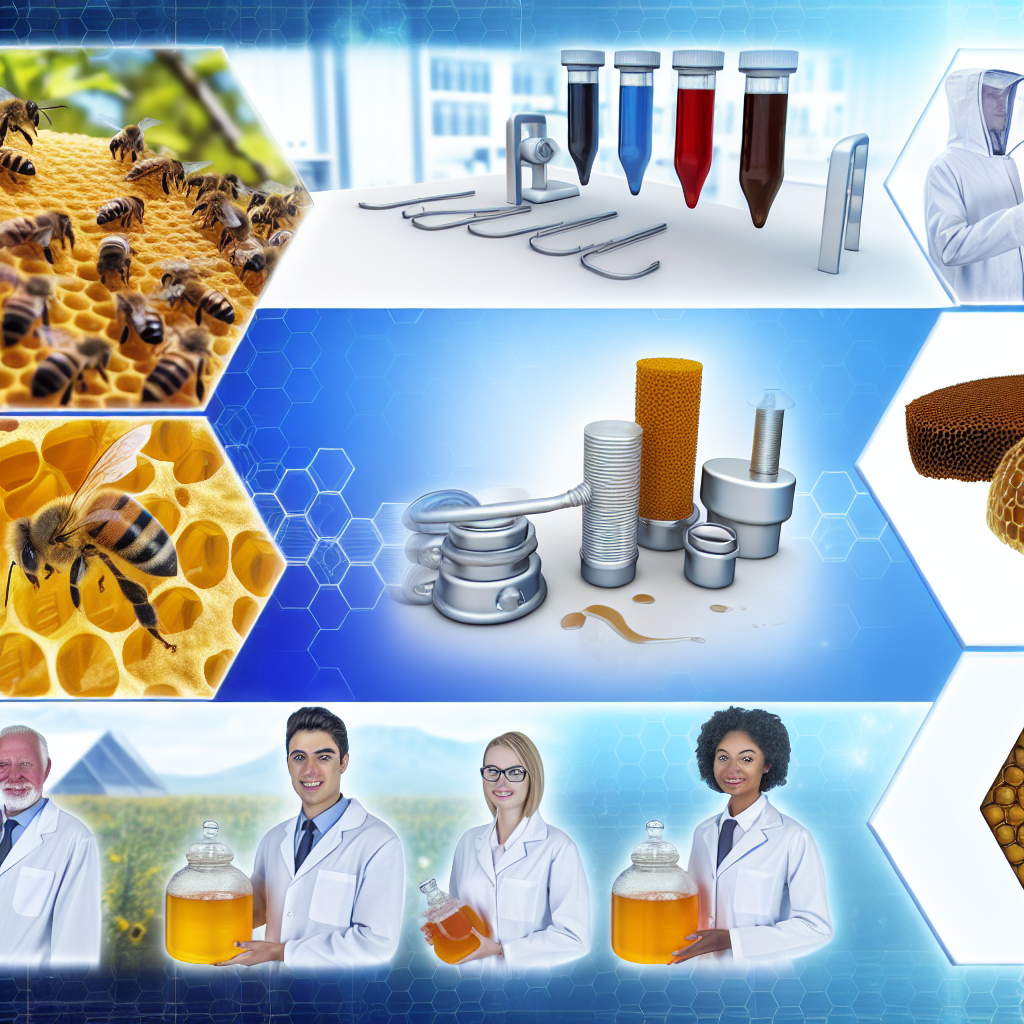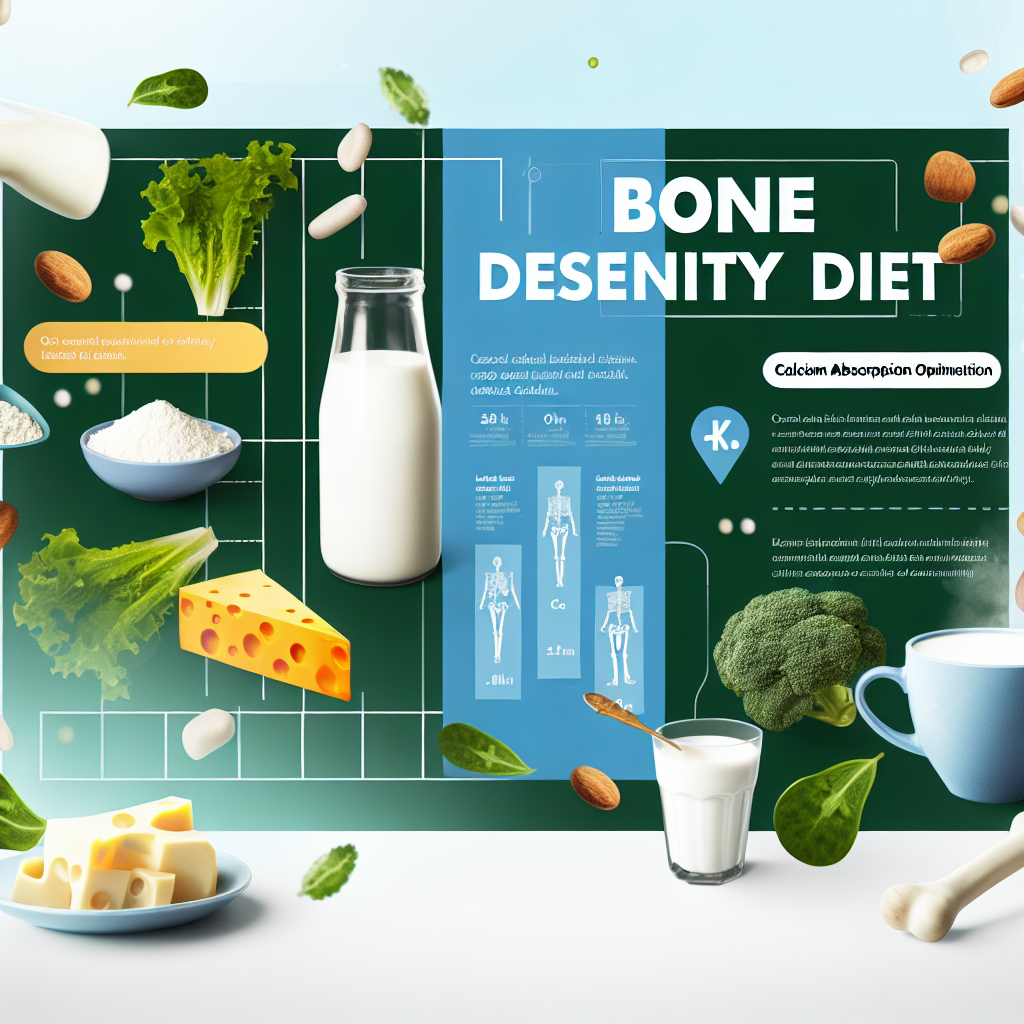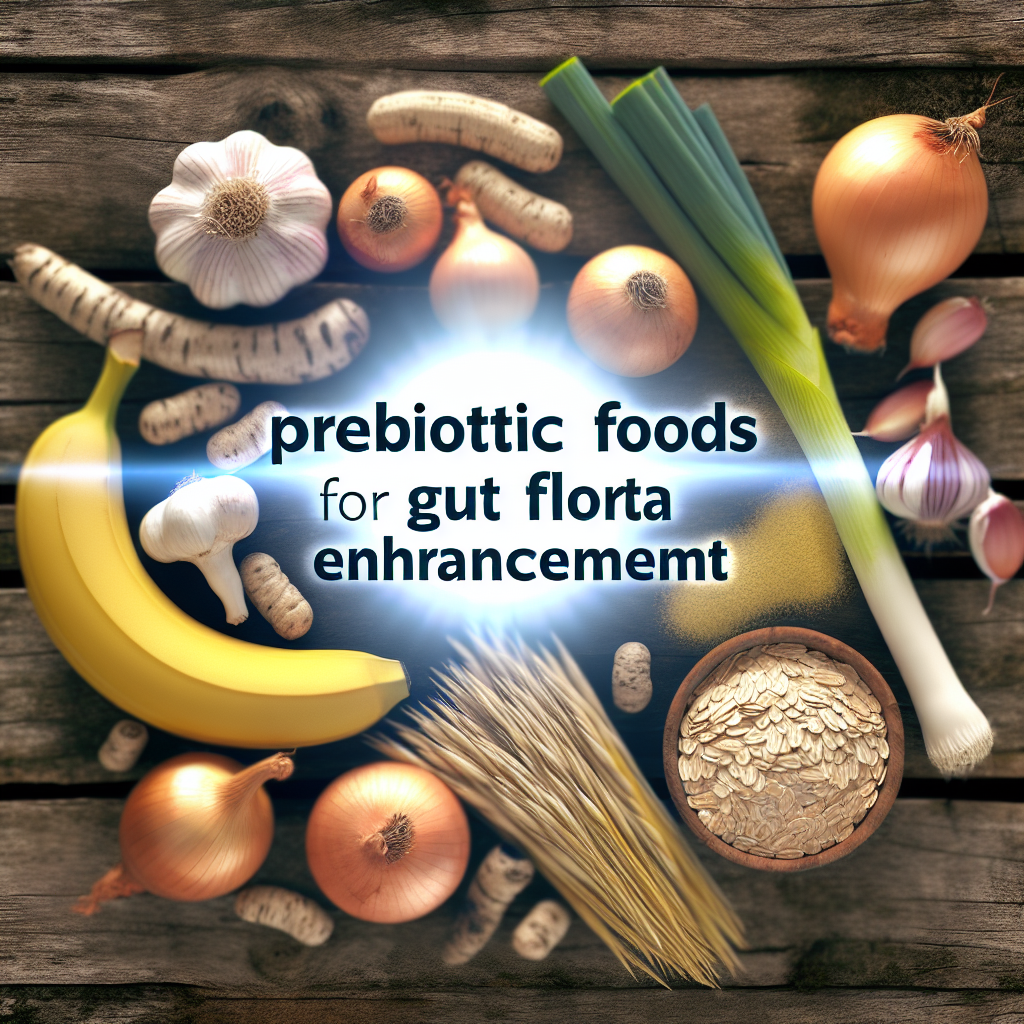Bee Products in Medicine: Latest Research
Introduction
For centuries, bee products have been cherished for their medicinal properties in traditional and alternative medicine. From honey and propolis to royal jelly and bee pollen, these natural substances have been used to boost immunity, heal wounds, and even combat bacterial infections. With the evolution of modern science, researchers are now uncovering the biochemical properties that make bee-derived compounds powerful agents in medicine.
Bee products are rich in bioactive compounds such as flavonoids, polyphenols, and antibacterial peptides. These substances not only aid in wound healing and inflammation reduction but also exhibit powerful antimicrobial and antioxidant properties. As a result, many healthcare professionals and natural medicine advocates are turning to bee products as alternatives to synthetic pharmaceuticals, particularly in the treatment of infections, chronic wounds, and immune disorders.
The Science Behind Bee Products and Their Medicinal Benefits
Honey: A Natural Antimicrobial Powerhouse
Several studies have highlighted the medicinal efficacy of honey, particularly in the treatment of wounds and antibiotic-resistant infections. According to a study published in the *Journal of Clinical Pathology*, Manuka honey’s high methylglyoxal (MGO) content exhibits potent antibacterial effects, even against multi-drug resistant bacteria like Staphylococcus aureus (MRSA) and Pseudomonas aeruginosa. Additionally, honey’s low pH and high sugar concentration create an inhospitable environment for bacterial growth, making it a valuable topical treatment for chronic wounds and burns. This has made honey an increasingly utilized therapeutic in integrative and natural medicine.
Propolis: The Immune-Boosting Wonder
Propolis has been widely studied for its immunomodulatory and antimicrobial properties. A 2021 research paper published in *Frontiers in Pharmacology* found that propolis enhances immune response by stimulating macrophages and lymphocytes, which are essential cells in the body’s defense system. Moreover, another study in the *International Journal of Biological Macromolecules* concluded that propolis-derived flavonoids inhibit inflammatory pathways, suggesting possible therapeutic uses in autoimmune or inflammatory diseases. With its strong antiviral, antifungal, and anti-inflammatory potential, researchers are evaluating propolis as a supplementary treatment for infectious and immune-related diseases.
Royal Jelly: A Brain-Boosting and Anti-Aging Elixir
The potential neurological benefits of royal jelly have also drawn scientific attention. Research published in *Oxidative Medicine and Cellular Longevity* suggests that royal jelly reduces oxidative stress markers and enhances cognitive function in animal models of Alzheimer’s disease. Its unique fatty acid, 10-hydroxy-2-decenoic acid (10-HDA), is believed to promote neurogenesis and protect against brain degeneration. Additionally, several clinical studies have supported royal jelly’s ability to improve skin health and slow aging by enhancing collagen production and hydrating skin cells. These findings position royal jelly as a noteworthy agent in brain health and anti-aging treatments.
Bee Pollen: A Nutritional Superfood with Antioxidant Benefits
Bee pollen is considered a superfood due to its high concentration of protein, vitamins, and minerals. A 2022 meta-analysis in *Nutrients* described bee pollen as a significant source of polyphenols that exhibit strong antioxidant, anti-inflammatory, and tissue-repairing properties. The study also highlighted its potential in reducing cholesterol levels, supporting cardiovascular health, and enhancing athletic performance. Bee pollen’s potent antioxidant profile suggests promising applications in combating oxidative stress-related diseases, including cardiovascular conditions and metabolic disorders.
Conclusion: Can Bee Products Shape the Future of Medicine?
Bee products have proven their medicinal worth across a broad spectrum of health applications, from antimicrobial and immune-boosting properties to neuroprotection and anti-aging benefits. Scientific research continues to verify their traditional uses while discovering new potential medical applications.
– Honey, especially Manuka honey, has exhibited remarkable antibacterial characteristics, making it a prospective treatment for antibiotic-resistant bacterial infections.
– Propolis has shown promising immune-enhancing and anti-inflammatory effects.
– Royal Jelly is gaining recognition for its neuroprotective and anti-aging properties.
– Bee Pollen is renowned for its dense nutritional and antioxidant content, beneficial for overall health and longevity.
As the medical community grapples with increasing cases of antibiotic resistance, autoimmune conditions, and chronic diseases, bee-derived products offer natural, bioactive solutions. However, while these products hold great promise, more extensive human clinical trials are needed to fully establish their safety, dosages, and effectiveness in mainstream medicine.
Regardless, the ongoing research into the medicinal power of bee products continues to open new doors for natural and holistic healthcare. By integrating these remedies into medical practice, we can potentially unlock a new frontier in natural medicine and sustainable health solutions.
Summary: Bee products, including honey, propolis, royal jelly, and bee pollen, have shown promising medicinal properties in scientific research. Honey exhibits powerful antimicrobial effects, propolis boosts the immune system, royal jelly supports brain health and anti-aging, and bee pollen provides antioxidant benefits. As antibiotic resistance and chronic diseases rise, these natural bee-derived compounds offer potential alternatives in modern medicine, though more clinical trials are needed to fully establish their efficacy and safety.
References:
– [Maddocks, S. & Jenkins, R. (2013). “Manuka honey inhibits the in vitro biofilm formation of wound-infecting bacteria.” *Journal of Clinical Pathology*.](https://jcp.bmj.com/content/66/5/364)
– [Wagh, V. D. (2021). “Propolis: A natural antimicrobial agent in medicine.” *Frontiers in Pharmacology*.](https://www.frontiersin.org/articles/10.3389/fphar.2021.702161/full)
– [Burdock, G. A. (2020). “Review of the biological properties and toxicity of bee propolis.” *International Journal of Biological Macromolecules*.](https://www.sciencedirect.com/science/article/abs/pii/S0141813020344193)
– [Gupta, S. et al. (2020). “Neuroprotective effects of royal jelly in oxidative stress and cognitive decline models.” *Oxidative Medicine and Cellular Longevity*.](https://www.hindawi.com/journals/omcl/2020/7458949/)
– [Pascoal, A. et al. (2022). “Polyphenols in bee pollen: Antioxidant and bioprotective properties.” *Nutrients*.](https://www.mdpi.com/2072-6643/14/9/1823)

Dominic E. is a passionate filmmaker navigating the exciting intersection of art and science. By day, he delves into the complexities of the human body as a full-time medical writer, meticulously translating intricate medical concepts into accessible and engaging narratives. By night, he explores the boundless realm of cinematic storytelling, crafting narratives that evoke emotion and challenge perspectives.
Film Student and Full-time Medical Writer for ContentVendor.com




